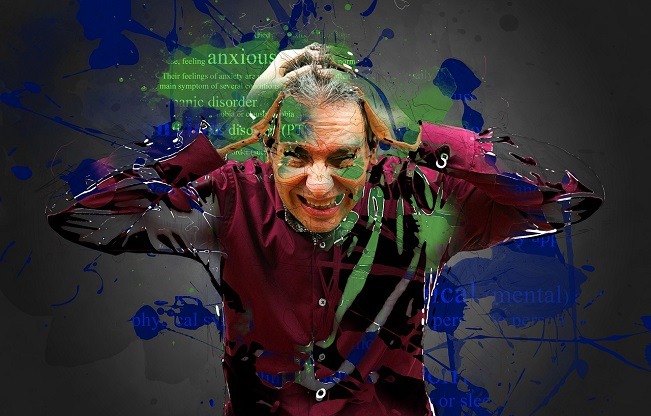Social anxiety disorder, also known as social phobia, is a mental health condition that affects millions of people worldwide. It is characterized by an intense fear of social situations, often resulting in avoidance or extreme discomfort when faced with such situations. This condition can be debilitating, leading to a significant impact on one’s personal and professional life. However, there are effective strategies that can be used to alleviate the impact of social anxiety.
Understanding Social Anxiety
Social anxiety is more than just feeling shy or nervous in social situations. It involves a persistent fear of being judged, humiliated, or rejected by others. This fear can be so intense that it can interfere with everyday activities such as going to work, school, or social events.
Individuals with social anxiety disorder may experience physical symptoms such as sweating, trembling, blushing, or a rapid heartbeat when faced with social situations. These physical symptoms can further exacerbate the fear and anxiety associated with social situations.
Effective Strategies to Alleviate Social Anxiety
Cognitive-Behavioral Therapy (CBT): CBT is a type of therapy that focuses on changing negative thought patterns and behaviors. It is an evidence-based treatment for social anxiety disorder and has been shown to be effective in reducing symptoms. CBT involves identifying and challenging negative thoughts and beliefs about oneself, others, and social situations. It also involves practicing new behaviors and coping strategies in social situations.
- Exposure Therapy: Exposure therapy involves gradually exposing oneself to feared social situations in a controlled environment. This allows individuals to face their fears in a safe and supportive environment, gradually building confidence and reducing anxiety. Exposure therapy is often used in conjunction with CBT.
- Mindfulness Meditation: Mindfulness meditation involves focusing one’s attention on the present moment, without judgment. This can be an effective way to reduce anxiety and stress associated with social situations. Research has shown that mindfulness meditation can reduce social anxiety symptoms and improve overall well-being.
- Physical Exercise: Regular physical exercise has been shown to be an effective way to reduce symptoms of anxiety and depression. Exercise can help reduce tension and stress, improve mood, and increase self-confidence. It can also provide an opportunity for social interaction in a low-pressure environment.
- Medication: Medication can be used to treat social anxiety disorder, particularly in conjunction with therapy. Selective serotonin reuptake inhibitors (SSRIs) and benzodiazepines are commonly used medications for social anxiety disorder. However, medication should only be prescribed by a qualified healthcare professional and used as directed.
Social anxiety disorder is a common mental health condition that can have a significant impact on one’s life. However, there are effective strategies that can be used to alleviate its impact, including cognitive-behavioral therapy, exposure therapy, mindfulness meditation, physical exercise, and medication. It is essential to seek professional help if social anxiety is affecting your daily life. With proper treatment and support, individuals with social anxiety disorder can learn to manage their symptoms and lead a fulfilling life.




















































